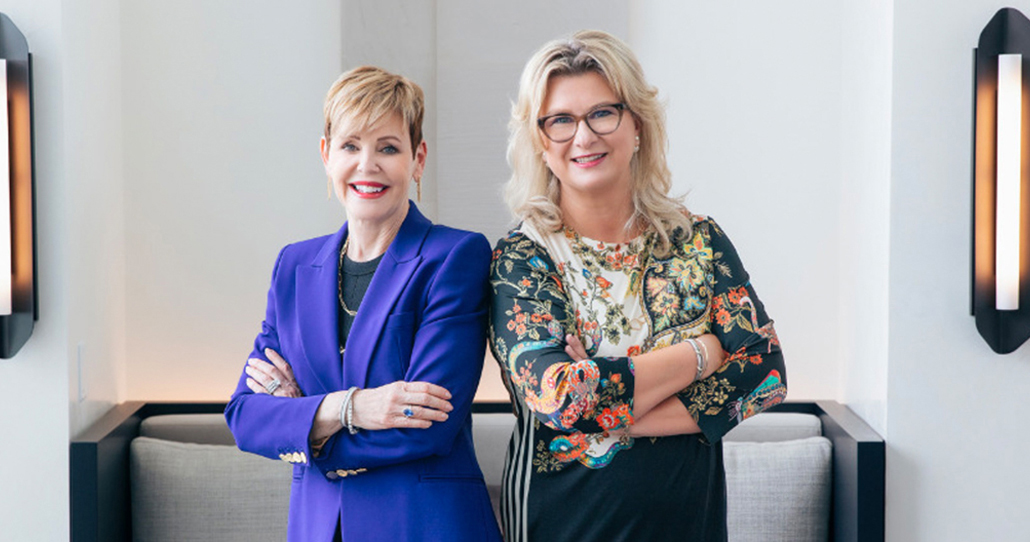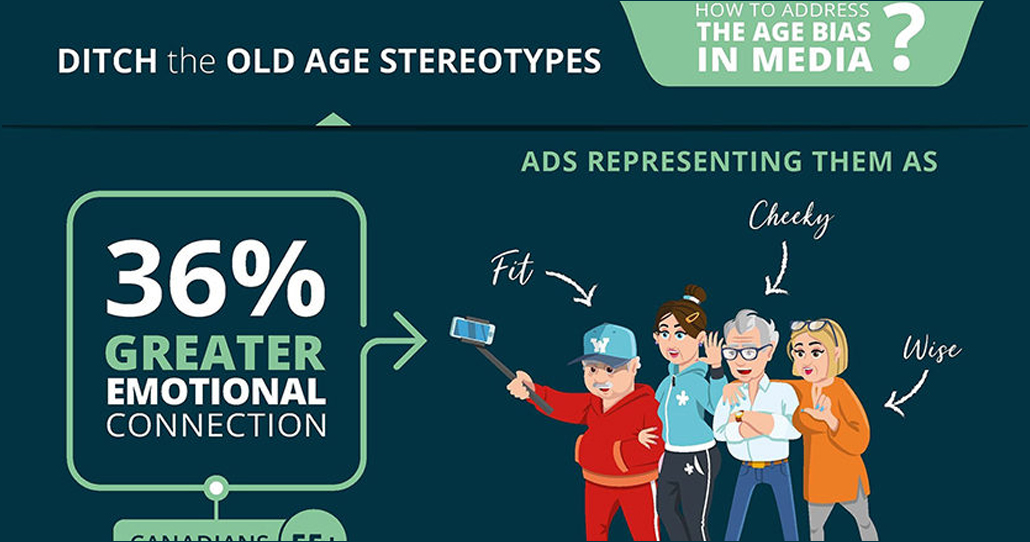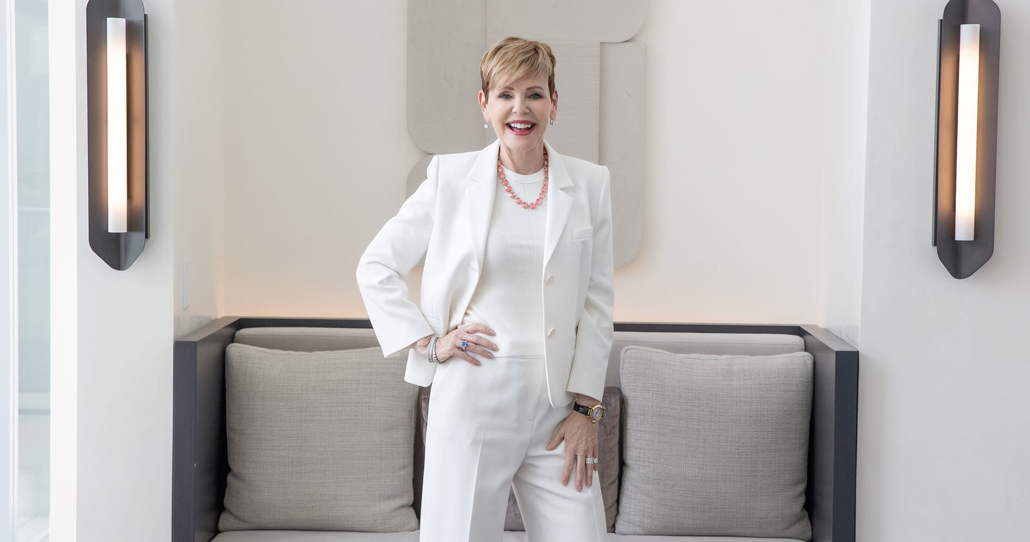HomeEquity Bank’s webinar “Help your clients navigate the current landscape with expert advice from Pattie Lovett-Reid” had our highest attendee rate yet. As a result of such a great turnout, there was also plenty of engagement with several questions being asked. So here are some FAQs that answer many of the questions asked on the webinar.
Question: Will the bank own the home?
- The homeowner always maintains title ownership and control of their home, HomeEquity Bank simply has a first mortgage on the title.
Question: Can the bank force the homeowner to sell or foreclose at any time?
- A reverse mortgage is a lifetime product and as long as the property taxes and insurance are in good standing, the property remains in good condition, and the homeowner is living in the home, the loan won’t be called even if the house decreases in value.
Question: With a reverse mortgage will the homeowner owe more than their house is worth?
- Clients can qualify for up to 55% of their home’s appraised value and with HomeEquity Bank, every reverse mortgage comes with a No Negative Equity Guarantee which means that the overall debt will not exceed the cost of the loan, as long as the conditions of the loan are met. In fact, 99% of HomeEquity Bank’s clients have equity remaining in the home after the loan is repaid.
Question: Are reverse mortgages too expensive because the rates are high?
- HomeEquity Bank rates can be more favourable than alternative lenders’ rates on second mortgages or unsecured loans. Plus, with a reverse mortgage, clients don’t have to worry about making any monthly payments, as the debt isn’t owed until the borrower(s) pass away or no longer live in the home. Therefore, many Canadians choose the CHIP Reverse Mortgage so that it can help increase their monthly cash flow.
Question: Isn’t a reverse mortgage a last resort solution?
- A reverse mortgage frees up equity that is tied up in the value of a home and can allow the borrowers to enjoy their retirement on their terms. In fact, many financial professionals recommend a reverse mortgage as the proceeds are tax-free and after paying off debts, can be used for anything the client chooses, from purchasing a vacation home to helping grandchildren with school tuition.
Question: Can the homeowner(s) still get a reverse mortgage if they have an existing mortgage?
- A reverse mortgage can be used to consolidate existing debt, eliminate monthly debt payments and provide financial security. If a client has existing debt, these would need to be paid off first and the remainder of the funds can be used however the client chooses.
Question: Isn’t a Home Equity Line of Credit (HELOC) a better option?
- Clients should always explore all their options before making a decision. HELOCs are a good short-term borrowing option for people who can pay the interest and loan back in the near future. Whereas a reverse mortgage is a long-term financial solution that doesn’t require any monthly payments and provides the ability to prolong retirement savings.
Question: Aren’t surviving spouses stuck with paying the loan after the homeowner passes away?
- As long as the surviving spouse is on title, they can choose to remain in the home without having to make a repayment.
If you missed the webinar, you can access the recording below. For additional questions please feel free to reach out to your BDM.








